Introduction to Transition Bonds
The green bond market has seen major growth in recent years. There is, however, a strong recognition that achieving international climate goals will require significant reduction of GHG emissions from carbon-intensive industrial activities that to date have not been the focus of green finance and for which low-carbon solutions are generally not yet available at scale due to major technological and/or systemic barriers. Those are commonly referred to as transition sectors.
ESG Voting Policy Overlay
New regulations and stakeholder pressure are creating the need for investors to demonstrate their commitment as responsible owners that view corporate accountability as a means to achieving greater long-term value. In Europe, the Shareholder Rights Directive II requires transparency around voting and engagement and, in North America, voting is considered part of investors’ fiduciary duty with engagement being a natural extension thereof. This underlines the need to align voting and engagement activities.
Controversies Research
Sustainalytics’ Controversies Research uses smart technologies to monitor more than 60,000 media sources and 200,000 news items on a daily basis to identify companies involved in ESG-related incidents. Leverages this research to support investment decisions and manage reputational risks.
Global Standards Screening
Sustainalytics’ Global Standards Screening product provides an assessment of a company’s impact on stakeholders and the extent to which a company causes, contributes or is linked to violations of international norms and standards. Download the brochure to learn more about how Sustainalytics identify the Global Sustainability Signatories.
Product Involvement
Sustainalytics' Product Involvement research helps identify companies involved in a range of products, services and business activities for screening purposes. Each activity is accompanied with a concise summary of the way the company is involved in the relevant product or activity.
Feeding the Future
Agriculture is estimated to account for one-quarter of the world’s greenhouse gas (GHG) emissions, 80 percent of deforestation, 70 percent of water use and 78 percent of ocean and freshwater pollution. This engagement theme aims to contribute to a more sustainable trajectory for the future of food.
Thematic Engagement
The purpose of Thematic Engagement is to influence companies to proactively manage specific ESG risks and opportunities, as well as enabling the participating investors to play an active role in addressing material, shared sustainability challenges through raising sector and systemic standards in alignment with the Sustainable Development Goals (SDG) agenda.
Thematic Engagement Bundle
Our Comprehensive Thematic Engagement program combines a set of four thematic engagements in a single package: Climate Transition, Human Capital and the Future of Work, Plastics and the Circular Economy and Tomorrow’s Board. The themes have been selected to give investors the broadest possible coverage of E, S and G topics with exposure to diverse industries and companies.
Human Capital and the Future of Work
The Fourth Industrial Revolution is accelerating. Technological progress, globalization and demographic shifts, will bring structural changes and disruptions to society and labor markets. This engagement supports investors in understanding how companies can proactively manage workforce needs and transitions for a sustainable labor market.
Responsible Cleantech
While being a vital part of the response to climate change as well as other economic and societal needs, the growing supply of cleantech products also entails environmental and social challenges within the various processes across the value chain. This engagement aims to encourage and enable the cleantech industry to grow in a more responsible manner.
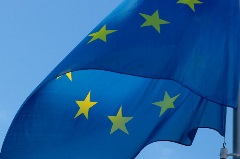
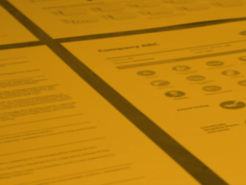


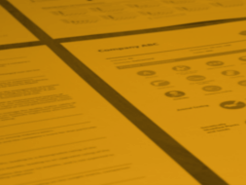
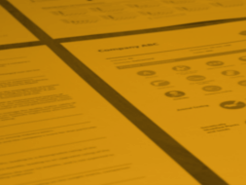

ee43428f-bcdf-4965-bdf5-d425e447dd71.tmb-small.jpg?Culture=en&sfvrsn=f87532da_2)
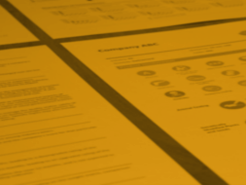
.tmb-small.jpg?Culture=en&sfvrsn=655ef212_2)

.tmb-thumbnl_rc.png?Culture=en&sfvrsn=ce56d6ce_2)

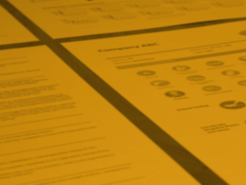
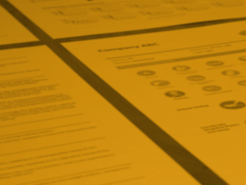

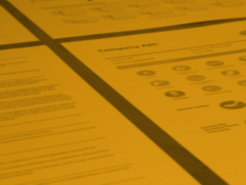


.tmb-thumbnl_rc.png?Culture=en&sfvrsn=c0ab02a8_2)